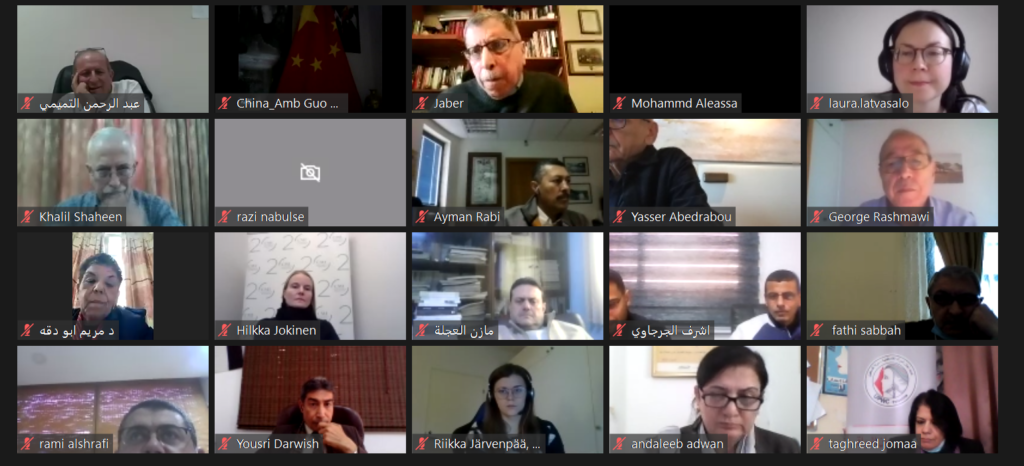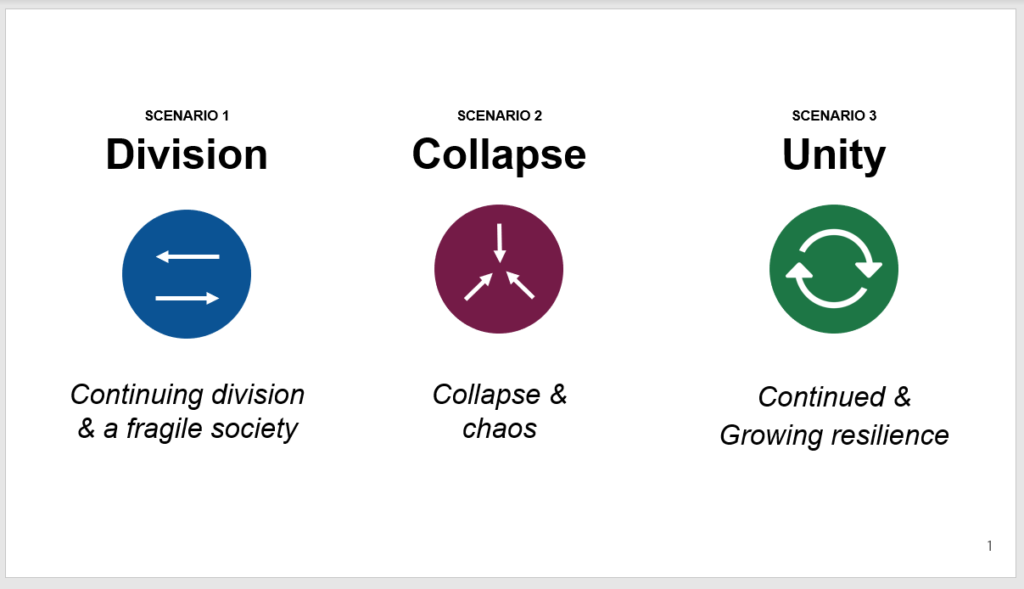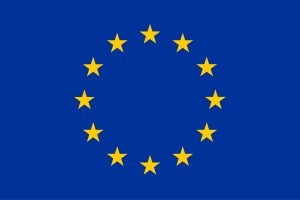Supporting Palestinian resilience through dialogue – “Unity is the only possible option”
On 7 December 2020, a broad-based group of Palestinians, ranging from youth to political decision-makers, gathered to pave the way toward a more united Palestine. A major national conference held online discussed future scenarios, and the development of concrete policies to strengthen Palestinian resilience in the face of division and the Covid-19 crisis.

The conference gathered a broad-based group of Palestinians, ranging from youth to political decision-makers.
The conference was organised within the “Supporting resilience through dialogue” project, jointly run by the Palestinian Center for Policy Research and Strategic Studies Masarat and CMI, and funded by the European Union. The project aims to promote the Palestinian consensus and resilience by providing a platform for effective dialogue, and increasing international involvement in the attempts to attain Palestinian reconciliation.
The conference presented and discussed the project’s outputs: future scenarios and policy recommendations for Palestine. Different Palestinian communities had worked together with the project’s research team to develop these roadmaps for the future. The project is unique in the Middle East for envisioning the future in such a way. The conference further ensured that key groups that are marginalised from the current political life, such as women and youth, are increasingly involved in the public discussion on the future of Palestine.
CMI’s Acting Executive Director Hanna Klinge said in her welcome: “Our joint objective is to support Palestinian resilience. During this year, we have been challenging different groups of Palestinians from youth to political decision-makers to discuss their future and how they can respond to the political changes and shocks that the Palestinians are encountering. The future studies and foresight methods that we have been using, have enriched our thinking and allowed us to image alternative futures for Palestine.”
Palestine is under Israeli occupation, and it also suffers from political and geographical division between the West Bank and the Gaza Strip. The Covid-19 pandemic, with its health and economic impacts, has placed an additional strain on Palestinians.
In his opening remarks at the conference, Hani Al-Masri, General Director of Masarat, said: “It is an outrage that, despite our serious challenges, the ‘epidemic’ of division continues to drain the energies and efforts of the Palestinians at a time when they are most in need of a unity without which they can never win.”
Ambassador Sven Kühn von Burgsdorff, the EU Representative (West Bank and Gaza Strip, UNRWA), said that, during this period of uncertainty, Palestinians should bring their own narrative to the table. This narrative would then be supported by international actors.
The ambassador highlighted the need to listen to marginalised groups, such as those living in the diaspora, to build this narrative.

The project came up with three main scenarios for the future of Palestine.
Three scenarios: Division, collapse or growing resilience
The project came up with three scenarios for the future of Palestine. The first is that of continued division. The second is that of deterioration and chaos. And the third is that of continued and growing resilience.
“It is the preferred scenario that we hope will be accomplished, and although we know that this probability is still low, we also know that it can be achieved if some positive developments take place. But if we don’t wake up, this unity will remain a dream”, said Hani Al-Masri.
“Unity is not only one scenario, it is the only option possible. Failure is not an option”, said Ambassador Kühn von Burgsdorff.
The project also outlined policy recommendations to enhance the possibilities for achieving the resilience scenario. The policy recommendations cover political, economic and social domains. The issues relate to matters such as conflict settlement and national unity.
The conference participants highlighted several themes concerning resilience. One called for strengthening popular awareness towards a unitary culture, and the rejection of all forms of discrimination, sectarianism, regionalism. Another highlighted the need to strengthen the independence of the Palestinian economy and the steadfastness of the Palestinian people, especially marginalised groups and workers.
The participants’ comments will be reviewed to make sure that the scenarios and policy recommendations are accurate. Then the project will detail policies for improving the Palestinian situation, or at least reducing the damage and loss, Hani Al-Masri explained.
“I reiterate that we do not promise that this project provides absolute or final guarantees, neither that it draws up a desirable future nor that it will prevent a rejected scenario from being implemented. It is a relative work of which we’re fully aware of its limitations and components. However, it can help us know where we do stand now, where we should go and how to achieve what we aspire.”

This project is funded by the European Union.